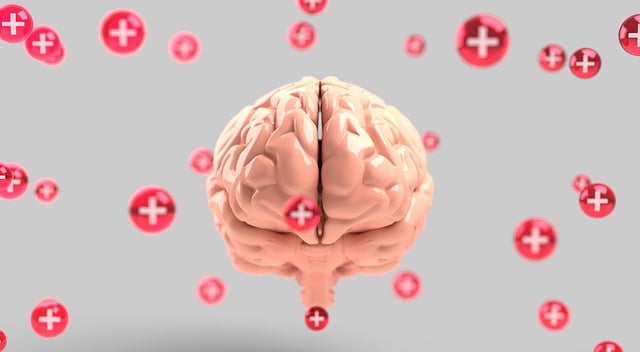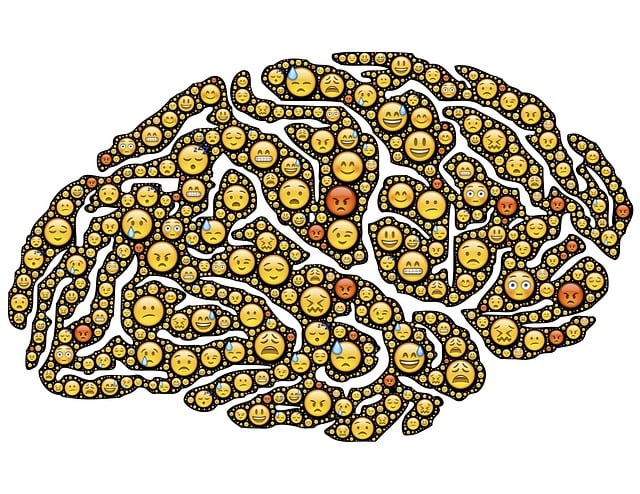Therapy for adults using American Sign Language (ASL) addresses unique grief and loss needs within the deaf or hard-of-hearing community. This holistic approach combines ASL communication, mindfulness meditation, and burnout prevention to create safe emotional processing spaces. Therapists employ empathy, active listening, and stress management techniques to validate feelings, reduce stigma, and empower clients to develop resilience through authentic grieving processes.
Loss, grief, and bereavement counseling are essential aspects of healing after a significant loss. This comprehensive guide explores these topics, offering a detailed overview of understanding loss and its impact on individuals within the American Sign Language (ASL) community. We delve into the unique role of therapy for adults experiencing grief in ASL, highlighting effective counseling strategies that promote processing and healing. By addressing these issues, we aim to support those navigating difficult emotions and foster resilient coping mechanisms.
- Understanding Loss, Grief, and Bereavement: A Comprehensive Overview
- The Role of Therapy for Adults Experiencing Grief in the American Sign Language Community
- Effective Counseling Strategies for Processing Loss and Promoting Healing
Understanding Loss, Grief, and Bereavement: A Comprehensive Overview

Understanding loss, grief, and bereavement is a complex journey that involves acknowledging and processing deep emotional responses to significant life changes. Loss can manifest in various forms, from the death of a loved one to ending a meaningful relationship or experiencing a major life transition. Grief, often characterized by intense emotions like sadness, anger, and confusion, is the natural response to such losses. Bereavement, on the other hand, refers to the period after a significant loss, marked by the process of adjusting to life without the presence of a loved one.
For adults experiencing these profound emotional challenges, therapy can be a powerful tool for healing. American Sign Language (ASL) therapists offer specialized services catering to individuals who prefer communication through ASL, ensuring cultural sensitivity and accessibility in the therapeutic process. Incorporating mindfulness meditation techniques within counseling sessions can further enhance emotional well-being, as it helps clients cultivate present-moment awareness and develop effective coping strategies. This holistic approach, coupled with burnout prevention strategies for healthcare providers, can facilitate a supportive environment for adults navigating loss, grief, and bereavement, promoting mental health awareness and fostering resilience.
The Role of Therapy for Adults Experiencing Grief in the American Sign Language Community

In the American Sign Language (ASL) community, therapy for adults experiencing grief offers a crucial support system and essential tool for emotional healing processes. Many individuals within the deaf or hard-of-hearing population may face unique challenges when dealing with loss due to cultural barriers and the lack of accessible counseling services tailored to their specific needs. Therapy provides a safe space where they can openly process their grief, enhance their emotional intelligence, and develop strategies for emotional regulation—all vital aspects of navigating the complex emotions that arise during bereavement.
Through specialized therapy sessions, adults in the ASL community can explore and express their feelings, often using sign language as a means to communicate deeply personal experiences. This approach not only facilitates better understanding and processing but also empowers individuals to grieve authentically, fostering a sense of emotional well-being and resilience in the face of loss.
Effective Counseling Strategies for Processing Loss and Promoting Healing

In providing effective counseling for adults experiencing loss, grief, and bereavement, therapists employ a multitude of strategies to help individuals process their emotions and promote healing. One crucial approach is cultivating empathy building strategies that allow clients to feel understood and validated in expressing their feelings. Therapists actively listen, reflect on the client’s experiences, and convey genuine care, fostering an environment where processing grief can occur safely and constructively.
Additionally, integrating stress management techniques into counseling sessions equips individuals with tools to cope with the intense emotions associated with loss. This may include teaching relaxation exercises, mindfulness practices, or cognitive reframing strategies to help clients navigate their mental health challenges. By addressing these aspects, therapists contribute to mental illness stigma reduction efforts, creating a supportive space where clients feel empowered to openly discuss their experiences and seek the support they need without fear of judgment.
Loss, grief, and bereavement counseling play a pivotal role in helping adults within the American Sign Language (ASL) community navigate difficult emotions. By employing tailored therapeutic strategies, therapists can create safe spaces for individuals to process their loss and foster healing. Understanding cultural nuances and incorporating ASL into counseling sessions enhances accessibility and effectiveness. Through these supportive measures, therapy empowers individuals to cope with grief, find meaning, and ultimately move forward on their personal journeys of healing.














